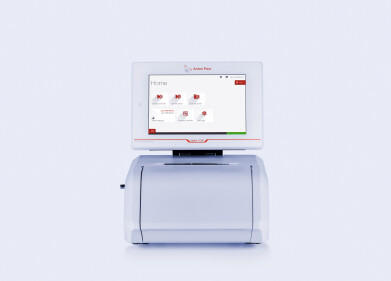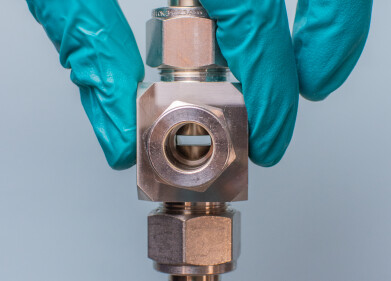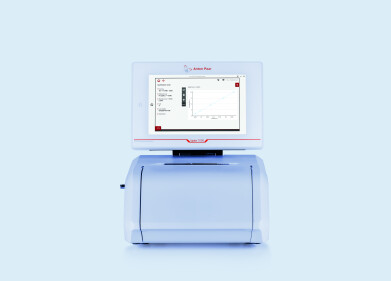Mass Spectrometry & Spectroscopy
How Do Viruses Evolve?
Jun 17 2020
New research from University College London (UCL) offering insight into how viruses evolve could arm scientists with valuable information on how to treat the novel coronavirus infection. After analysing SARS-CoV-2 virus genomes from more than 7500 patients, the team noticed around 200 repeated, independently occurring genetic mutations. This significant diversity between samples could help explain how the coronavirus evolves and adapt after infecting a human host.
Ultimately, a deeper understanding of SARS-CoV-2 mechanics could give scientists the edge they need to develop potential treatment therapies and vaccines for COVID-19, which has now infected 8 million people around the world and claimed more than 400,000 lives.
Genetic diversity suggests multiple carriers
Led by the UCL Genetics Institute, the study found that genetic diversity in the SARS-CoV-2 virus is present in countries around the world, suggesting outbreaks in hard-hit countries such as Italy, Brazil and the United States were triggered by multiple carriers, not a ‘Patient Zero’.
The findings were published in the journal Infection, Genetics and Evolution, with the team explaining how genomic diversity in SARS-CoV-2 offers valuable new insight into the virus. Professor Francois Balloux, co-lead author of the study says that while all viruses mutate, a deeper understanding of why and how this occurs is key when it comes to developing treatments and vaccines.
“All viruses naturally mutate. Mutations in themselves are not a bad thing and there is nothing to suggest SARS-CoV-2 is mutating faster or slower than expected,” he says. “So far we cannot say whether SARS-CoV-2 is becoming more or less lethal and contagious.”
Avoiding “easy evasion”
Balloux says an understanding of genetic mutations allows researchers to focus on invariant parts of the virus, which is essential for developing effective treatments. “A major challenge to defeating viruses is that a vaccine or drug might no longer be effective if the virus has mutated,” adds Balloux. “If we focus our efforts on parts of the virus that are less likely to mutate, we have a better chance of developing drugs that will be effective in the long run. We need to develop drugs and vaccines that cannot be easily evaded by the virus."
As well as revealing independently occurring genetic mutations, the findings add to a growing body of research pointing to a shared SARS-CoV-2 forerunner. This supports the theory COVID-19 jumped from an animal to a human host, then mutated into the virus seen today.
Sharing data for the greater good
Co-lead author of the study Dr Lucy van Dorp says, “Being able to analyse such an extraordinary number of virus genomes within the first few months of the pandemic could be invaluable to drug development efforts, and showcases how far genomic research has come even within the last decade. We are all benefiting from a tremendous effort by hundreds of researchers globally who have been sequencing virus genomes and making them available online.”
From epidemiology to biopharmaceuticals, cutting-edge technology is at the forefront of modern science. To find out more about the latest intact mass spectrometry (MS) tools don’t miss ‘Accelerating Biopharmaceutical Development with Size Exclusion Chromatography Mass Spectrometry.
Digital Edition
Lab Asia 31.6 Dec 2024
December 2024
Chromatography Articles - Sustainable chromatography: Embracing software for greener methods Mass Spectrometry & Spectroscopy Articles - Solving industry challenges for phosphorus containi...
View all digital editions
Events
Jan 22 2025 Tokyo, Japan
Jan 22 2025 Birmingham, UK
Jan 25 2025 San Diego, CA, USA
Jan 27 2025 Dubai, UAE
Jan 29 2025 Tokyo, Japan



















